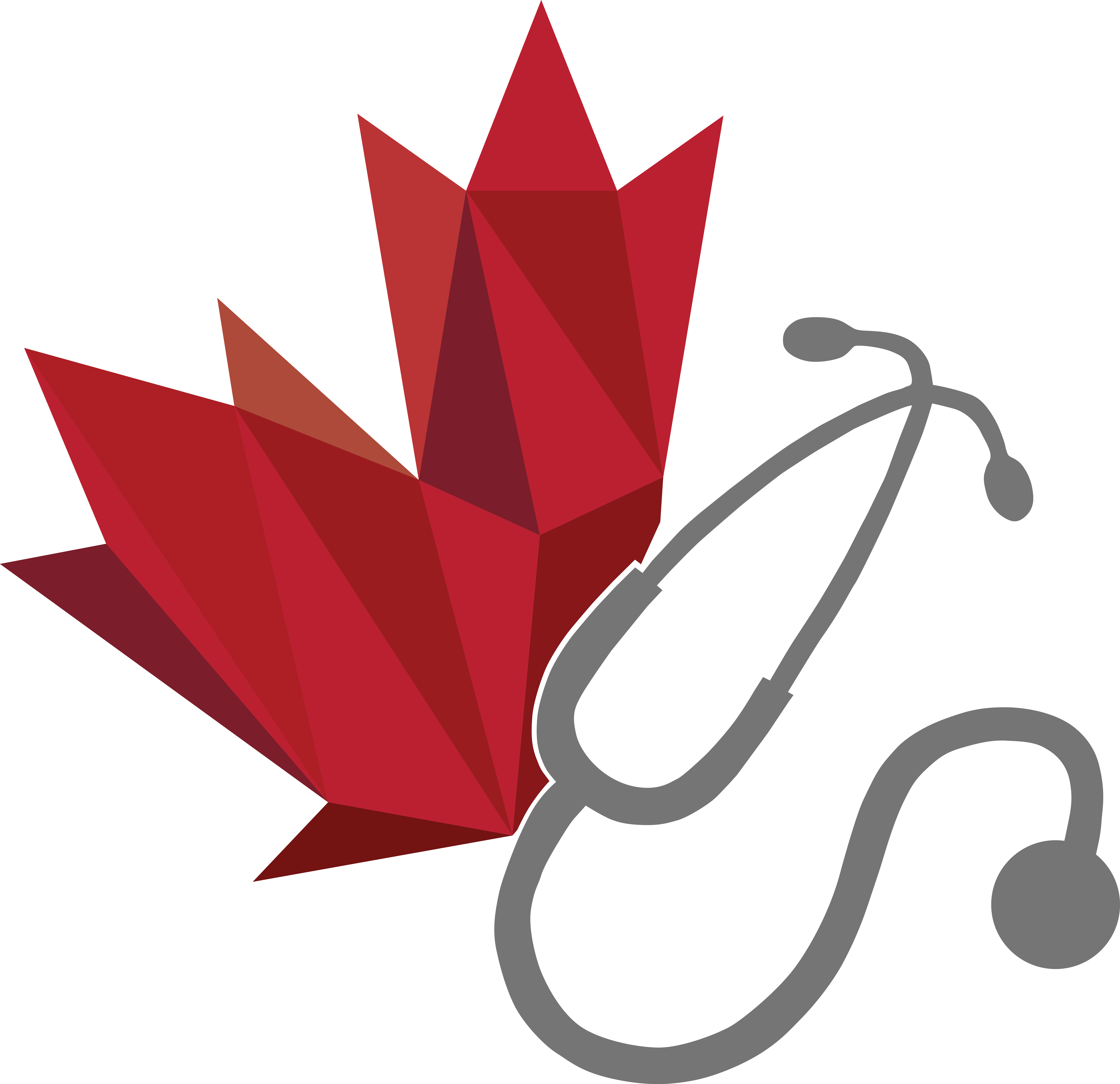About the CFMS
The CFMS is an organization representing over 8,000 medical students from 15 Canadian medical student societies from coast to coast. We represent medical students to the public, to the federal government, and to national and international medical organizations.OTTAWA, ON - Over 70 medical students from across the country will meet with Members of Parliament on Parliament Hill to discuss a strategy to improve access to contraception in Canada.
Universal access to contraception improves patient autonomy by providing an individual the ability to choose the type of contraception that is most appropriate for their health and lifestyle. Restricted access leads to increased unplanned pregnancy, which ultimately results in direct healthcare costs of up to $320 million annually in Canada. A study in the JOGC by Black et al. demonstrated that if 10% of individuals using short-acting contraception switched to long-acting reversible contraception, there were cost savings of at least $34 million. Long-acting reversible contraception, while being one of the most effective types of contraception, is often the least accessible. There are several barriers that prevent universal access to contraception including lack of financial coverage, misinformation, and inadequate geographical accessibility.
Contraception is often not included in private and provincial medical plans, which results in a disproportionate barrier for those of lower socioeconomic status. When contraceptives are provided through programs for this demographic, the choices are often limited, and options that are among the most effective are not included. Misinformation regarding contraceptives is also a concern, and in the modern age it can be difficult to discern the facts from fiction. Another barrier to accessing contraception is reasonable access to a healthcare provider with prescribing power. The population in Canada is distributed across a large land mass, and areas without a residing physician may face barriers to obtaining a prescription for contraception.
Reflecting on the current evidence, a federal strategy would be an effective method to improve access to contraception. The CFMS calls upon the Canadian federal government to:
- Provide federally sponsored universal coverage of contraception, including the copper IUD, for all Canadians and include all contraceptive methods within the national Pharmacare plan;
- Sponsor public education campaigns to endorse and circulate the Society of Obstetricians and Gynecologists of Canada information about contraceptive methods and use and;
- Implement a federally supported task-shifting model to include allied healthcare providers in contraceptive prescribing in all Canadian provinces and territories for improved access.
Quotes:
“Medical students from across the country have worked together to complete a thorough consultation and research process to develop our recommendations on how to improve access to contraception in Canada. As future physicians, we feel that it is paramount that our future patient populations are able to access contraception without significant barriers. Canada is a leader in advocating for access to sexual and reproductive healthcare across the globe. It is equally, if not more important, to optimize access to sexual and reproductive healthcare, including access to contraception, within our own borders.” - Helen Teklemariam, CFMS Director of Government Affairs
“Access to prescription contraception has to be a priority, both from a cost and a patient care perspective. Unintended pregnancies cost Canadian health systems over $320 million annually, and improved access to long-acting reversible contraception leads to cost savings. In addition to the financial savings, contraception is a key aspect of basic healthcare. For a lot of patients, prescription contraception isn’t just about preventing pregnancy - these medications are used to prevent or treat illnesses as varied as endometrial cancers, polycystic ovarian syndrome, endometriosis, and heavy or irregular menstrual bleeding. Without them, the health consequences people face can be very serious.” - Lara Witt, CFMS National Officer of Political Action.
Attachments:
Contacts:
Adel Arezki
Vice President of Communications & Executive Vice-President
Canadian Federation of Medical Students
About the Canadian Federation of Medical Students
The Canadian Federation of Medical Students is the national voice of Canadian Medical Students. We connect, support and represent our membership as they learn to serve patients and society. The CFMS represents over 8 000 medical students from fifteen Canadian medical student societies from coast to coast.
Follow us on Twitter, Facebook and Instagram: @CFMSFEMC. Our website: www.cfms.org

